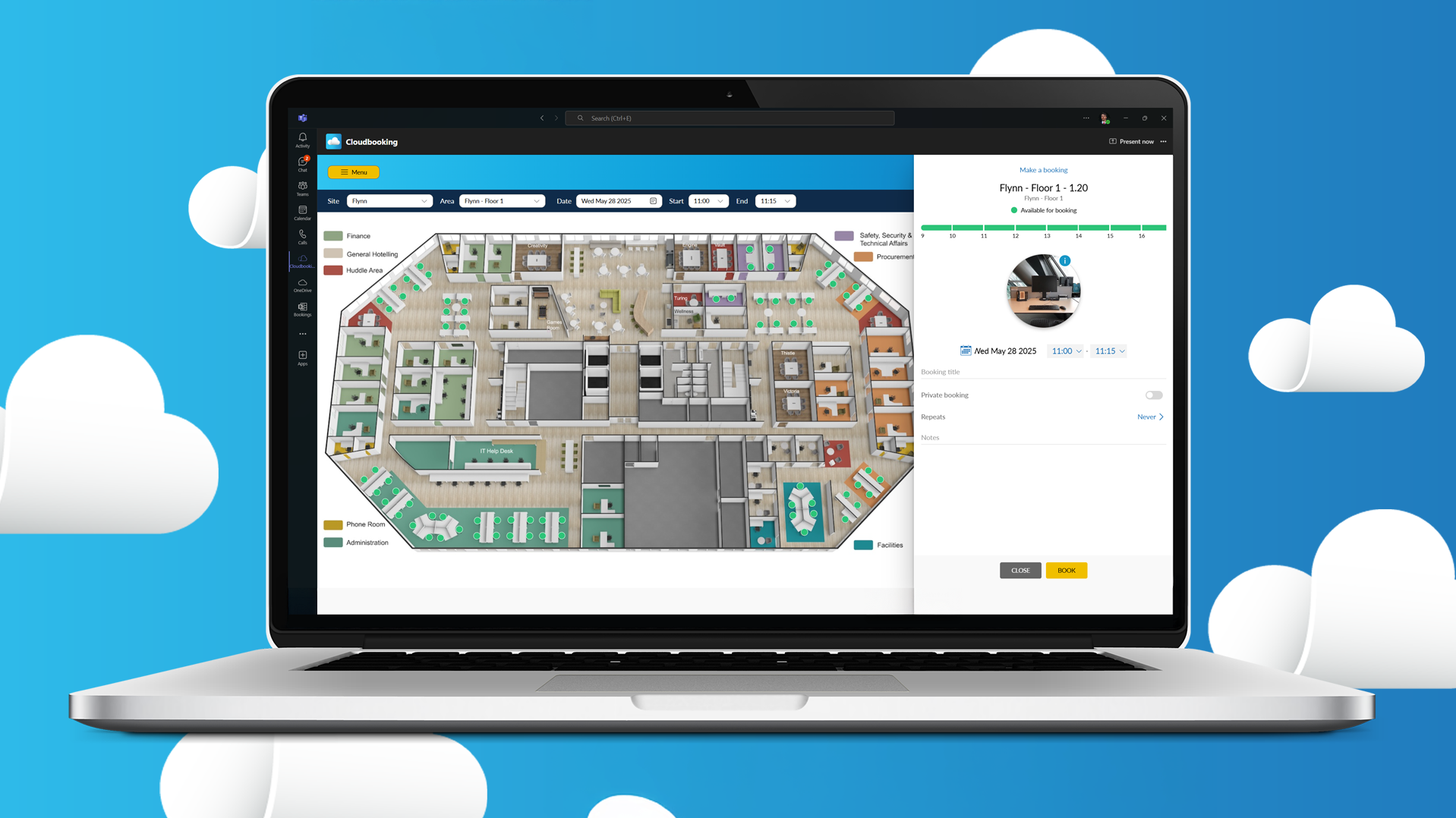
Menopause is a natural and inevitable phase of a woman’s life, typically occurring between the ages of 45 and 55. While it is a normal part of the ageing process, the physical and emotional symptoms associated with menopause can be challenging to manage, especially in the workplace. Fortunately, the rise of hybrid working arrangements has brought about numerous benefits for women going through menopause, enabling them to navigate this life transition with greater ease and comfort.
According to CIPD’s research, Menopause in the Workplace: Employee Experiences in 2023, around a quarter (24%) say their organisation has a stated menopause policy or other support measures in place. This leaves a substantial 43% that don’t and a third that don’t know.
Related Reading: 8 Employee Retention Strategies
Understanding Menopause
Before we delve into the advantages of hybrid working, let’s briefly discuss menopause and its impact on women. Menopause is a significant hormonal shift in a woman’s body, marked by the cessation of menstruation and a decrease in hormone production, primarily oestrogen and progesterone. This hormonal imbalance can lead to a wide range of symptoms, including hot flashes, night sweats, mood swings, fatigue, and cognitive changes. These symptoms can vary in intensity and duration, making it a unique experience for each woman.
Related Reading: Supporting Neurodiversity in the Workplace: Pointers and Best Practices
The adoption of hybrid working models, which combine in-office and remote work, has emerged as a significant boon for women navigating menopause. Here’s how hybrid working can help:
- Flexibility: Hybrid working allows women to tailor their work environment to their specific needs. On days when symptoms are more challenging, they can work from the comfort of their home, where they have more control over their surroundings and can manage symptoms discreetly.
- Temperature control: One of the most uncomfortable aspects of menopause is the unpredictable hot flashes. In a hybrid working setup, women can adjust the temperature in their home workspace to a comfortable level, reducing the likelihood of disruptive episodes.
- Reduced commute stress: Commuting can be physically taxing, especially when experiencing fatigue and mood swings. Hybrid working minimises the need for daily commutes, offering women a more relaxed start and end to their workday.
- Enhanced focus: For women dealing with cognitive changes, a quiet and familiar home environment can promote better concentration and productivity.
- Personalised support: Hybrid working encourages open conversations about menopause. Colleagues and supervisors are more likely to be understanding and accommodating when they are aware of the challenges women face during this stage of life.
- Self-care opportunities: Working from home allows women to take short breaks for self-care, whether it’s a walk, a relaxation exercise, or a healthy snack to boost their energy and well-being.
Related Reading: Streamlining Real Estate And Driving Flexible Working Practices For Experian
The menopausal transition is a significant life event for women, and it can present unique challenges in the workplace. However, the adoption of hybrid working arrangements offers numerous benefits to women experiencing menopause, allowing them to navigate this phase with greater comfort and flexibility. As workplaces continue to evolve, it is essential to prioritise inclusivity and support for all employees, including those going through menopause, to create a more inclusive and empathetic work environment for everyone.
Facing challenges in optimising your workspace? Connect with the specialists at Cloudbooking. Let’s enhance your workplace environment hand in hand!


